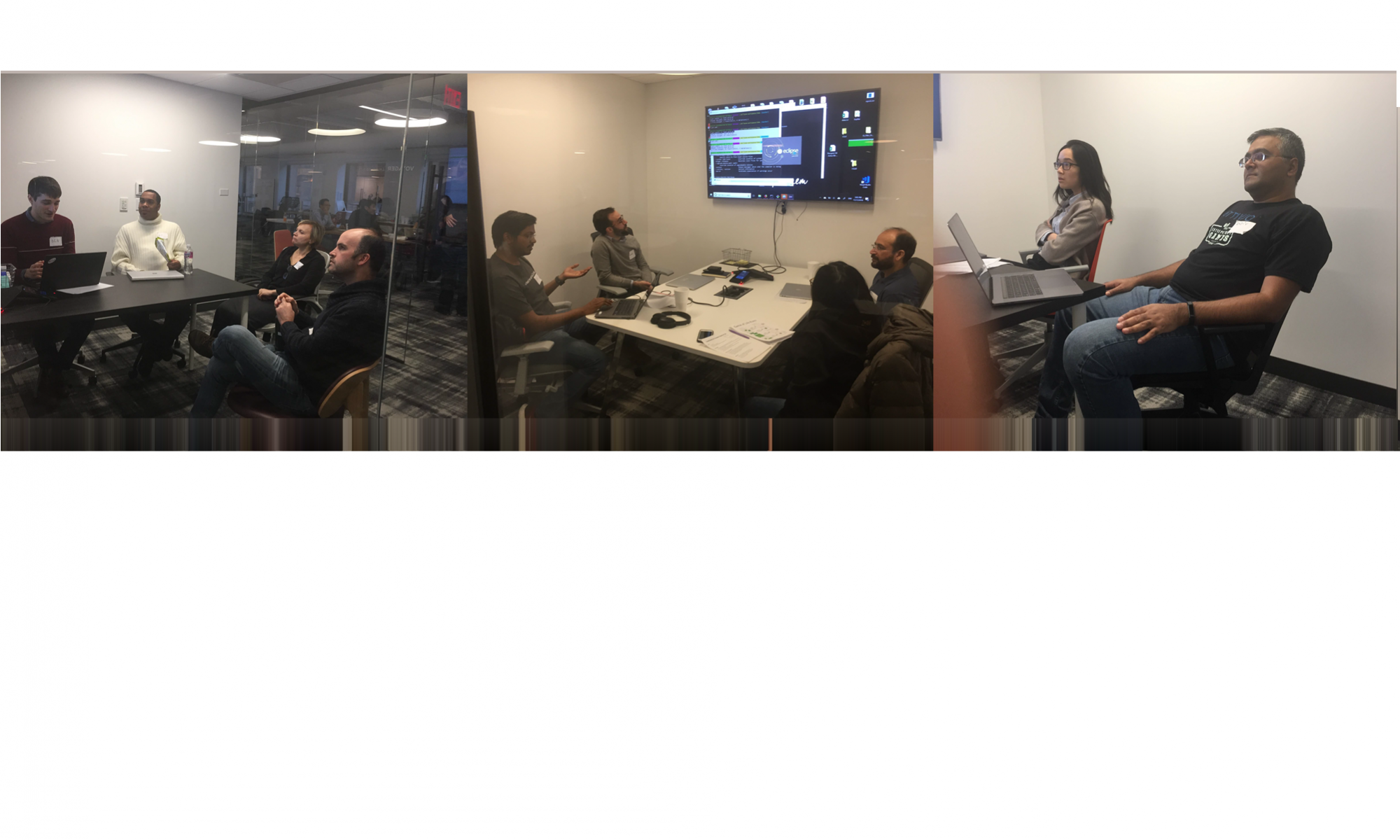By Woody Zuill
When management organizes and directs the work, communications, coordination between people and groups, and manages people in general, it is perhaps breaking the natural creation of communication lines that a person will build up if they have become adept in the concept of “pull”.
Here I am using the idea of pull as shared in the book “The Power Of Pull” by Hagel, et al: “Pull,” the ability to draw out people and resources as needed to address opportunities and challenges.
The path we stumbled down which eventually resulted in our first sessions of #MobProgramming was made possible by removing almost all aspects of “management”, or at least reducing the impact of “management” being applied to the team.
Before we began this journey the people on the “team” rarely behaved as a team. They really weren’t a team, but people working on separate, but similar, things. They operated as individuals, working more or less alone, communicating and interacting on occasion “as needed”. This is collaboration in a highly ineffective and stilted manner, and, from what I’ve seen and experienced, is common in software development.
We had no idea where we would end up, but every day we were looking for things that were going well, and considering how to “turn up the good”. We were seeking ways to simplify things in general, introduce slack, and make improvements without the artificial constraints. It was clear that collaboration was a weak spot for us, so that was a particular focus area.
Not knowing where we would end up, these simple actions – paying attention, perturbing the system, trying things, taking small steps, reflecting daily, learning to listen to each other, and a few other simple things – made a huge improvement to our work and lives.
#MobProgramming emerged as we exercised our agency to make improvements. The important story of #MobProgramming is not where we “ended up”, but rather the actions we can take to make things better. “Small Moves, Smartly Made, Can Set Big Things in Motion” ~The Power of Pull
